Declarations of integrity for judges and others: BCU approves conclusions on draft laws
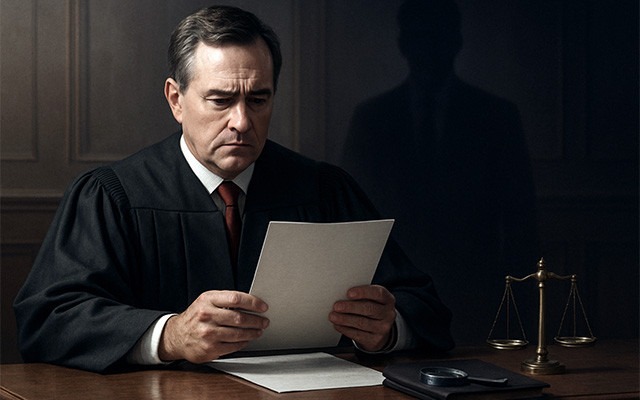
Under the guise of restoring trust in the judiciary, repressive mechanisms of control over it may be introduced. This directly contradicts international experience and may lead to the degradation of the Ukrainian justice system.
On July 24, the Bar Council of Ukraine, at its meeting, approved conclusions on draft laws currently under consideration by the Verkhovna Rada:
- No. 13165 of 09.04.2025 «On amendments to the Law of Ukraine «On the judicial system and status of judges» and certain laws of Ukraine regarding the improvement of procedures for submitting and verifying declarations of integrity of judges»;
- No. 13165-1 of 23.04.2025 «On amendments to the Law of Ukraine «On the judicial system and status of judges» and certain laws of Ukraine regarding the improvement of procedures for submitting and verifying declarations of integrity of judges»;
- No. 13165-2 dated 25 April 2025 «On amendments to the Law of Ukraine «On the judicial system and status of judges» and certain laws of Ukraine regarding the improvement of declarations of integrity of judges and family ties of judges».
Advocates noted that the discussion of these draft laws covers not only issues of the judicial system and integrity of judges, but also concerns guarantees of legal protection, accountability procedures, access to justice, and the professional activities of advocates. Therefore, the participation of the advocacy community in these consultations is of fundamental importance.
In the opinion of the BCU, certain legislative innovations proposed in the drafts raise serious concerns about their compatibility with international and European standards of justice, in particular with the established practice of the European Court of Human Rights.
In particular, comments were made on the unjustified introduction of temporary suspension in disciplinary proceedings, the controversial attempt to classify disciplinary offences, and the requirement for judicial decisions to be substantiated as a criterion for disciplinary liability. The BCU criticized the introduction of financial penalties as a means of exerting pressure on judges and the expansion of the circle of initiators of disciplinary proceedings.
Advocates noted the problematic reduction of the quorum requirements for the HQC, the weakening of collegial decision-making, and highlighted the risks to the quality of the judiciary.
The problems of duplication of judge evaluation procedures and limited judicial control over the decisions of the High Qualification Commission of Judges are being investigated. As for the commission itself, according to the advocacy institute, the crisis is caused by a fundamental conflict of interest, whereby the High Council of Justice appoints members of the High Qualification Commission, then considers disciplinary cases against them, approves the results of competitions and may participate in competitions organised by the High Qualification Commission. The commission's behind-the-scenes control threatens the independence of the judicial system, necessitating a radical change in the model for forming the HQCJ.
The conclusion provides a detailed analysis of systemic shortcomings in the formation and activities of the Public integrity council and proposes ways to reform it. The legislature is consistently implementing the principle of a gradual transition of judicial institutions to a national model of formation with a clearly defined list of authorized entities, while the HRC continues to function under the direct influence of international donors through artificial restrictions on the right to participate exclusively to civil society organizations that are recipients of international technical assistance. This leads to the professionalization of civic activism, with members of the HRC becoming professional civic activists who exist thanks to donor financial support. Such a system effectively turns «public control» into a paid professional activity, creating an obvious conflict of interest.
Separately, the advocacy self-government body drew attention to the provisions of draft laws No. 13137 and No. 13137-1, which contain provisions directly related to the advocacy and legal status of lawyers, in particular in the context of disciplinary mechanisms and possible restrictions on professional activities.
Based on its analysis of the existing problems, the BCU concluded that trust in the justice system must be restored not through repressive mechanisms that undermine the foundations of the rule of law, but through systemic reforms: increasing the transparency of judicial procedures, introducing modern standards for the selection of judges, and creating an effective system of disciplinary responsibility with full respect for all procedural guarantees and principles of fair trial.
The BCU's conclusion on draft laws to improve the procedures for submitting and verifying judges' integrity declarations can be viewed at link.
Popular news
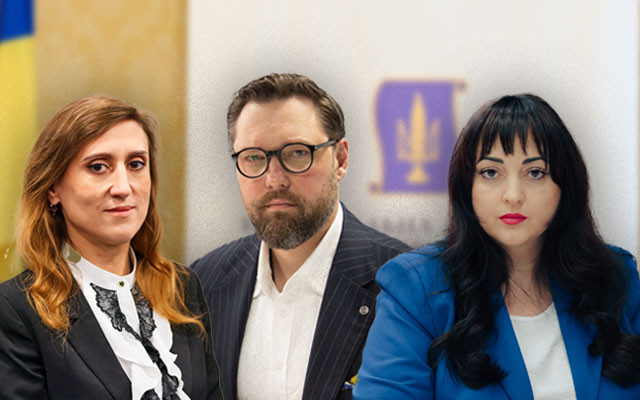
Self-government
BCU selected candidates for membership of the Competition Commission for the selection of members of the HQCJ
In accordance with Article 95-1 of the Law of Ukraine «On the judicial system and status of judges», the Bar Council of Ukraine proposed three candidates to the High Council of Justice for consideration as members of the Competition Commission to conduct a competition for the position of member of the High Qualification Commission of Judges of Ukraine under the BCU quota.
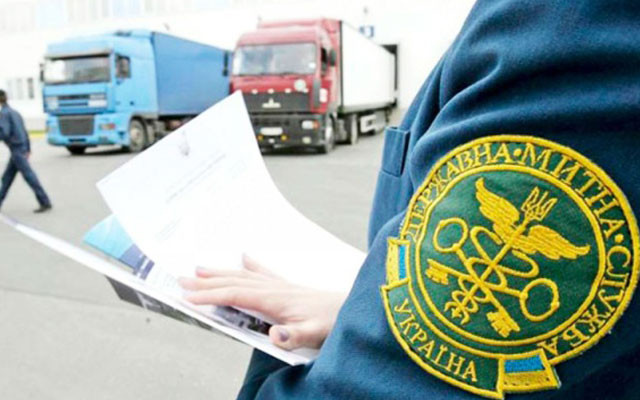
Legislation
DIC and customs control: advocates warn against the risks of draft law No. 13421
Ukrainian defense companies face bureaucratic delays in importing components, which could critically affect the timing of government contracts. At the same time, the mechanism proposed in the Verkhovna Rada creates risks that could outweigh the potential benefits for the industry.
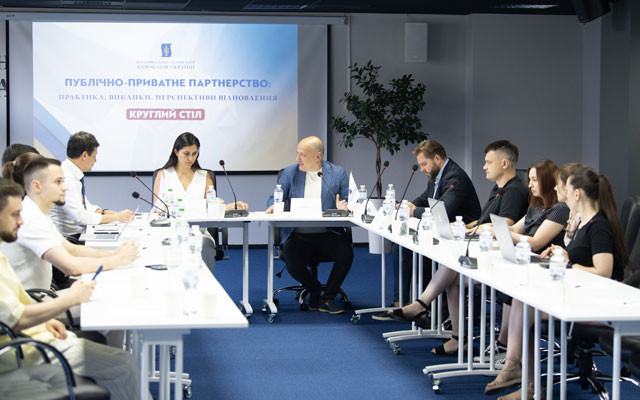
Discussion
Partnership for reconstruction: UNBA discusses new law on PPPs
Public-private partnerships are considered one of the key tools for Ukraine's recovery, but in practice, their mechanisms remain complex, poorly understood, and often ineffective.
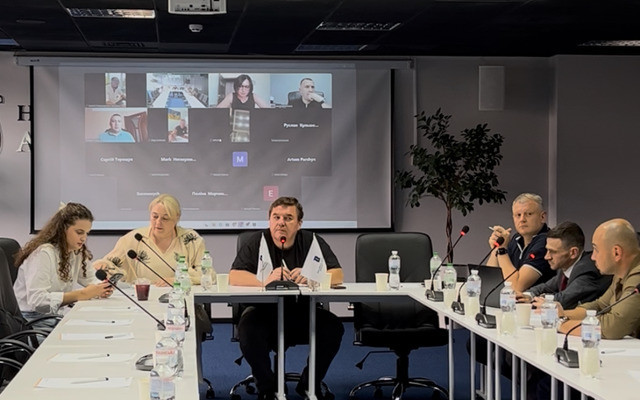
Guarantees of the practice of law
Defended police officers — ended up in the army: advocate mobilized while performing his duties
An advocate specializing in defending the rights of law enforcement officers and who had repeatedly won cases against the police was mobilized while performing his professional duties. The day before, a report appeared in the Oberig registry stating that he had violated military registration rules, and his current deferral was canceled. The advocate was detained, taken to the TCC and the SS, beaten and sent to a military unit.
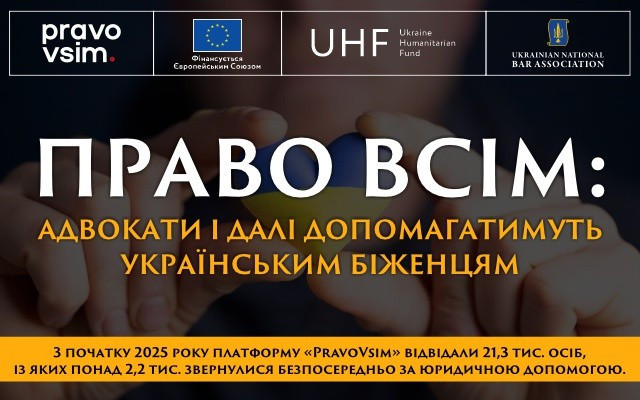
Support
Ukrainians will be assisted in submitting applications to the RD4U damage registry
Ukrainians who have suffered damage as a result of Russian aggression can receive free assistance in preparing applications to the Register of Damage for Ukraine (RD4U). This support is being provided by the legal platform PravoVsim.

Announcements
The BCU has begun accepting documents from candidates for the Competition Commission for the selection of members of the HQCJ
The Bar Council of Ukraine announces the start of accepting documents from candidates who wish to be elected to the Competition Commission for the selection of members of the High Qualification Commission of Judges under the BCU quota.
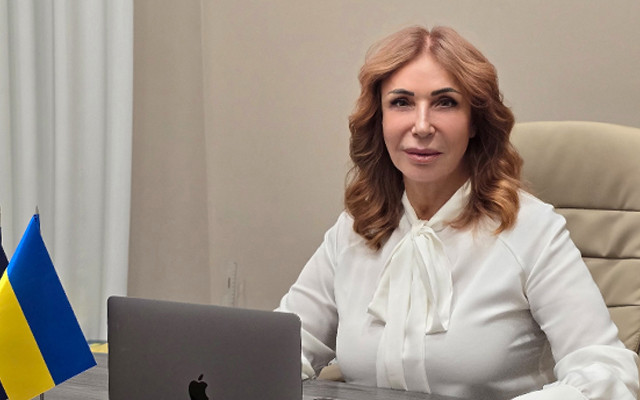
Legislation
Venice Commission warned of risks of changes to disciplinary procedures for Ukrainian judges
The European Commission for Democracy through Law (Venice Commission) and the Council of Europe Directorate for Human Rights and Rule of Law are preparing an assessment of draft laws concerning the judicial system and the status of judges in Ukraine.

Announcements
Ukrainian advocates invited to Bonn for internship
Young Ukrainian advocates specializing in civil, commercial, and economic law have the opportunity to participate in an internship program in Germany. The program is organized by the International Legal Cooperation Foundation (IRZ) in cooperation with the Federal Bar Association and the German Bar Association.
Publications

Ihor Kolesnykov A BRIEF SUMMARY REGARDING THE APPLICATION OF THE ORDER ON EXTENDED CONFISCATION IN LATVIA REGARDING FINANCIAL ASSETS OF…

Valentyn Gvozdiy WORKING IN A WAR ZONE

Lydia Izovitova Formula of perfection

Sergiy Vylkov Our judicial system is so built that courts do not trust advocates

Iryna Vasylyk Advocacy in the proclamation of Independence of Ukraine

Oleksandr DULSKY When we cross the border of the Supreme Anti-Corruption Court, we get into another department of the National Anti-Corruption…

Vadym Krasnyk The UNBA will work, and all obstacles and restrictions are only temporary inconveniences

Lydia Izovitova Interview with Lydia Izovitova on the occasion of the 8th anniversary of the founding of UNBA: We are the voice of t…
